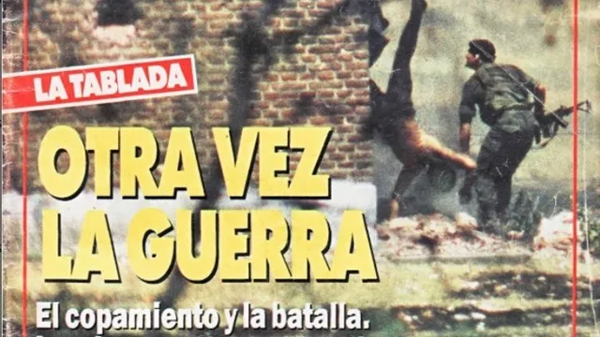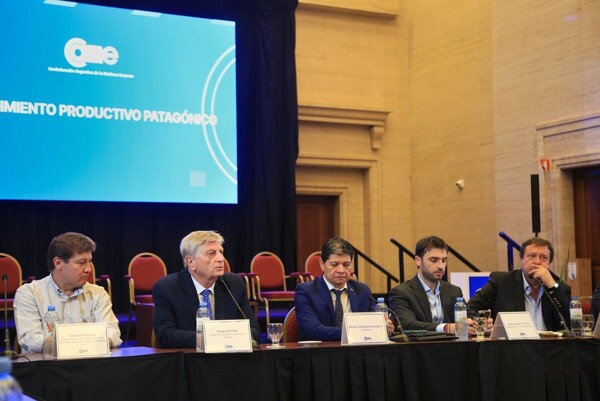
After the disturbances in Congress, President Milei's actions directly affected retirees, creating rifts in his own Milei coalition and forcing him to negotiate with Kirchnerism. Despite his decline in polls, Milei has had to learn that political negotiation is essential, even extending the Budget while limiting his ability to appoint members to the Court.
In his actions, Milei has maintained a margin with institutionalism, but he faces tangible parliamentary opposition and is far from securing both appointments. Carrió's presentation to the Justice against his decree to appoint Court judges indicates a lack of urgency in such appointments, possibly showing adaptability and political realism by reversing this measure.
Although Milei remains disruptive and challenging, the institutional confrontation he has generated does not seem necessary or justified. Despite his international alliances and his economic and cultural strategies, he remains focused on attacking the "political caste." However, he faces a "pronounced deterioration" according to recent polls, and Congress has shown more resistance to his Court appointments than to the budget extension.
The neutralization of Congress by the Executive has led to an uncertain scenario, both for García Mansilla's candidacy and for Ariel Lijo's. Although the appointment of Court members by decree has been used previously by other presidents, the current political context poses significant challenges for Milei in his second year of management.














